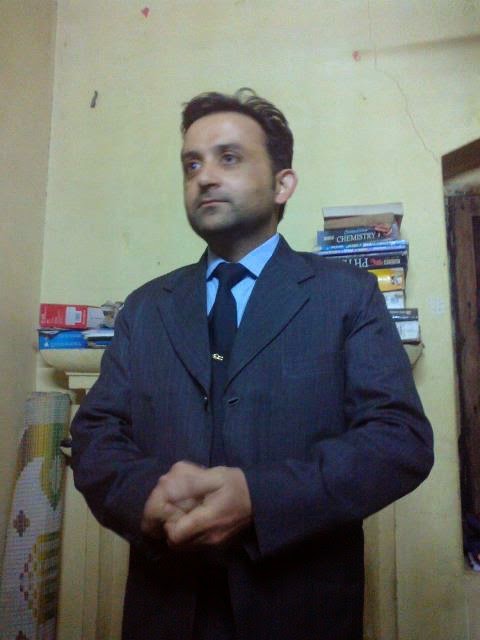Baumgartner (2000) mentions four lenses through which adult
development will be seen are: behavioral or mechanistic, cognitive or
psychological, contextual or socio-cultural, and integrative.
1.
Behavioral
Approach: According to this approach people learn by responding to stimuli.
Instructors provide opportunity for drills and practice to the learners. They
use positive and negative reinforcement to develop a certain behavior.
2.
Cognitive
Approach: The psychological or cognitive perspective focuses on an
individual's "internal developmental processes" in interaction with
the environment (Clark & Caffarella,1999,p.5). It emphasizes that adult
learner learn through active participation and interaction with their
environment.
3.
Contextual
Approach: The contextual or socio-cultural perspective on development works
from the point of view that adult development cannot be understood apart from
the socio-historical context in which it occurs (Miller, 1993). Socio-cultural
elements such as race, class, gender, ethnicity, and sexual orientation
influence adult development. It is the intersection of these factors rather
than a single factor that affects adult development and learning (Baumgartner
& Merriam, 2000). The instructors who favor this approach try to blend the
different cultural and contextual content into their teaching methods. They
keep themselves aware of the diversity of their learners.
4.
Integrated
Approach: The integrated approach to adult development takes a holistic
view of adult development. This perspective is focused on how the intersections
of mind, body, and socio-cultural influences affect development (Clark &
Caffarella, 1999). It is believed that there is a connection between mind, body,
spirit and socio-cultural factors. Educators believe in the all round
development of the learners. The learner should grow intellectually, physically,
emotionally, spiritually, aesthetically and morally. (Miller, 1999).
Teaching
Philosophy: A good teacher follows one teaching philosophy. A better
teacher favors two philosophies. The best teacher always considers his learners
to adopt a certain teaching philosophy. I never remain stuck to one teaching
philosophy. I believe in alternative and suitable learning model that suits my
learners. After examining the above mentioned approaches, I find my teaching
philosophy mostly fit into the integrated approach as I always favor the all round
development of my learners.
References:
Baumgartner, L., & Merriam, S. M.
(2000). Adult Learning and Development: Multicultural Stories.
Malabar, FL: Krieger. Retrieved from http://www.ncsall.net/index.html@id=268.html
on 25 August 2013
Clark, M., & Caffarella, R. (eds.)
(2000), An Update on Adult Development Theory: New Ways of Thinking
about the Life Course. (New Directions for Adult and Continuing Education,
No. 84.) San Francisco: Jossey-Bass. Retrieved from http://www.ncsall.net/index.html@id=268.html
on 25 August 2013
Miller, J. (1999). "Making
connections through holistic learning." Educational Leadership,
56 (4), 46-48. Retrieved from http://www.ncsall.net/index.html@id=268.html
on 25 August 2013

No comments:
Post a Comment
Note: Only a member of this blog may post a comment.